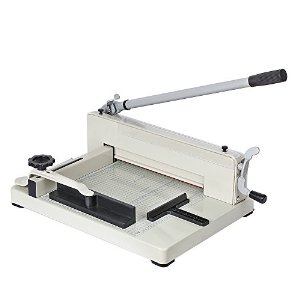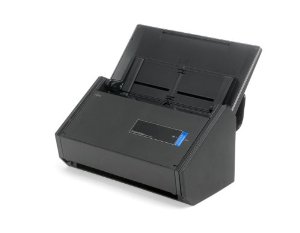This summer I decided to start a new project to digitize my books I have at home. The major catalyst of the idea was the eBook readers I found for my android tablet. As I loaded a few of my books to my Samsung tablet, I realized it was superbly comfortable and convenient way of carrying and reading books. With a bit of searching on internet I came across the Calibre eBook manager software. Once I set it up at my home computer, seeing my small ebook collection in a list along with all the relevant information led me to think I need to do this for my entire physical book collection. I have bunch of older, outdated computer and programming books, textbooks from college years, several science and technology magazines that I prize very much along with dated fiction books that I kept mainly because I could not throw them away.
I started reading around the net. Not surprisingly in hindsight I found out people were already doing the same. The only major challenge to overcome was finding a way to scan them to electronic format. If I used a flatbed scanner to do them page by page, it would have taken me a few years at best. I did not have the cash that google has either for those top of the line book scanners. I found people who actually took digital pictures of open pages. This is a workable solution but still slow since someone (most likely me) has to flip the pages between camera shots. Doable but painful still. I then started looking into how I could remove the spine of a book. It turned out that people had figured out this one too. There are heavy duty paper cutters you can buy on internet. I found one at Amazon and it arrived in a few days. I will separately write on how this tool is to be used for efficient and useful cuts of book spines, but it simply works once you figure out what you need to do.

The next challenge to solve was the scanning of the book pages that get separated once the spine is removed. A small size fiction book has about 200 pages. I have an Epson flatbed scanner that I use for scanning photographs. It certainly seemed like an idea but again the speed is something to think about. 200 pages will take at least 1-2 hours. That did not bode well for my project. With some research I found that there are affordable document scanners. I found the Fujitsu ScanSnap ix500 on Amazon. After about couple hundred book and magazine scans, I think it has been the best investment I made in a tool. I can scan a 200 page book in about 3-4 minutes. It comes with many useful software tools that allows one to organize and edit pdf documents. It detects page overlaps and pauses when paper jams occur.

I figured that if I get a good clean cut of the spine, the scanner is unstoppable. The only downside is that it accepts about 50 sheets or about 100 pages at a time. So you frequently have to load it. If I can arrange affordable help like middle or high schoolers we have around the house, I can make some good progress in thinning out my paper book collection by the end of this summer. I will post updates as we make progress.
If you liked this article, then please follow us on Tees N Things